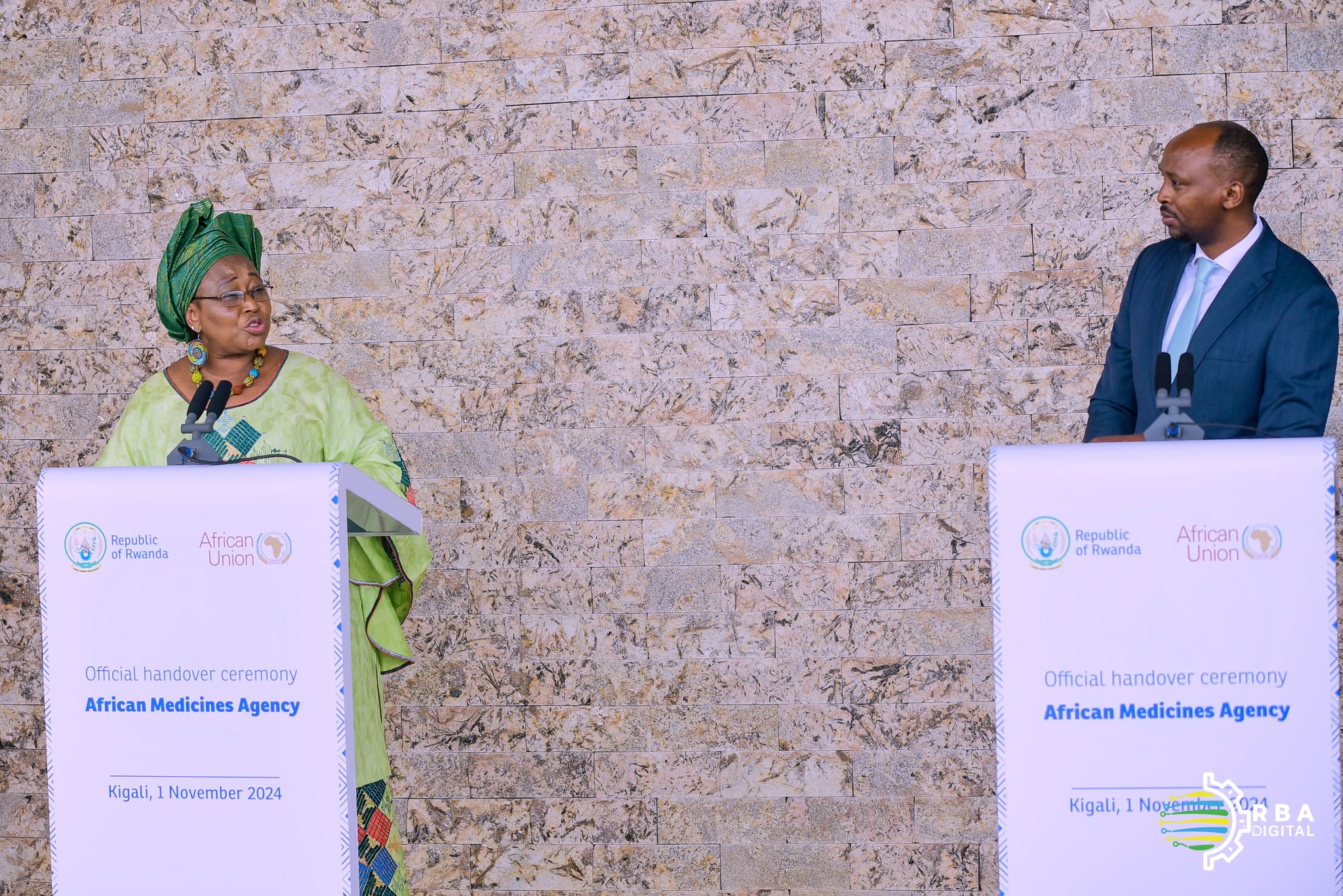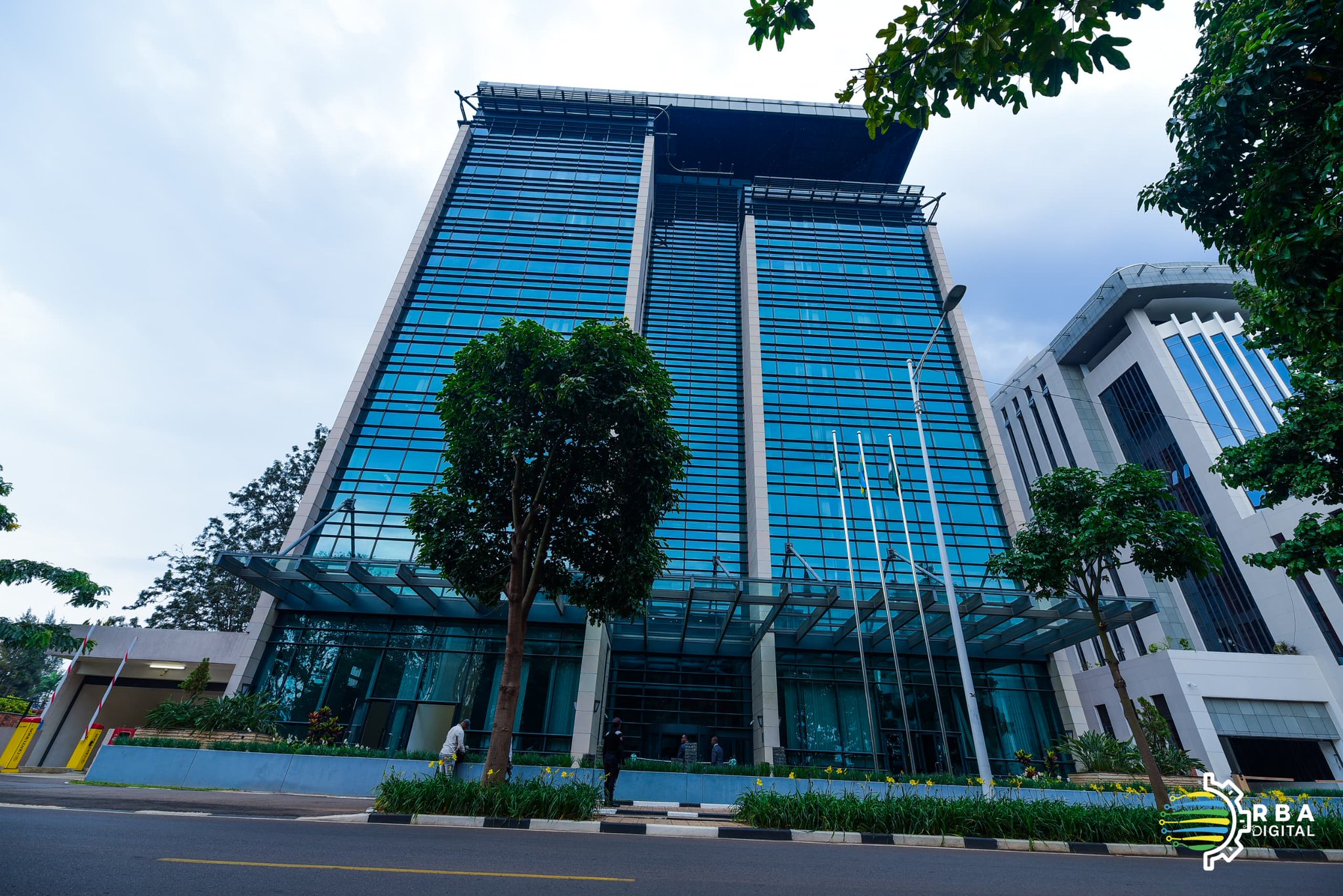Rwanda has officially handed over the headquarters of the African Medicines Agency (AMA) to the African Union, marking a significant development in the continent’s health sector.
The newly constructed eight-story building in Kigali will serve as the operational base for AMA, which is tasked with improving access to safe, effective, and affordable medicines across Africa. In addition to the building, the Rwandan government has provided new vehicles for the agency’s staff to facilitate their daily operations.
The handover ceremony was attended by Rwanda’s Minister of Health, Dr. Nsanzimana Sabin, along with various officials from the African Union and other dignitaries. During the event, Dr. Nsanzimana emphasized the importance of AMA in transforming healthcare in Africa. He stated, “This agency will help shape regulatory frameworks for medicine production and distribution, ensuring that every African country has access to quality healthcare.”
Established in 2019 by the AU General Assembly, AMA’s mission is to develop policies and guidelines for the regulation of medicines and vaccines. The agency aims to reduce reliance on external pharmaceutical suppliers and combat the prevalence of counterfeit and substandard drugs in African markets. By fostering collaboration among member states, AMA seeks to enhance the availability of quality-assured and affordable medicines.
Hosting AMA aligns with Rwanda’s vision of becoming a leading center for health services and pharmaceutical standards in Africa. The country has been proactive in investing in biotechnology and pharmaceutical infrastructure to meet both local and continental health needs.
Dr. Nsanzimana highlighted that the agency’s presence in Rwanda positions the nation as a potential hub for health services and research across the continent.
AMA commenced its operations in November 2021 after member states ratified its establishment. As of March 2024, 27 AU member countries have officially ratified the agency’s operational framework, enabling it to function with strong support from participating nations. This collaborative effort emphasizes a commitment to health equity and pharmaceutical sovereignty across Africa.
With the Kigali headquarters now operational, AMA is expected to launch initiatives to tackle pressing health challenges on the continent. These include establishing common standards for drug registration, reducing regulatory barriers, and forging partnerships with global health organizations to enhance resource allocation. The establishment of AMA is seen as a crucial step toward achieving self-sufficiency in healthcare delivery, particularly in pharmaceuticals, thereby contributing to the broader goal of strengthening health systems across Africa.
This development reflects a growing commitment to improving health outcomes across the continent and positions Rwanda as a key player in the African health landscape.




















